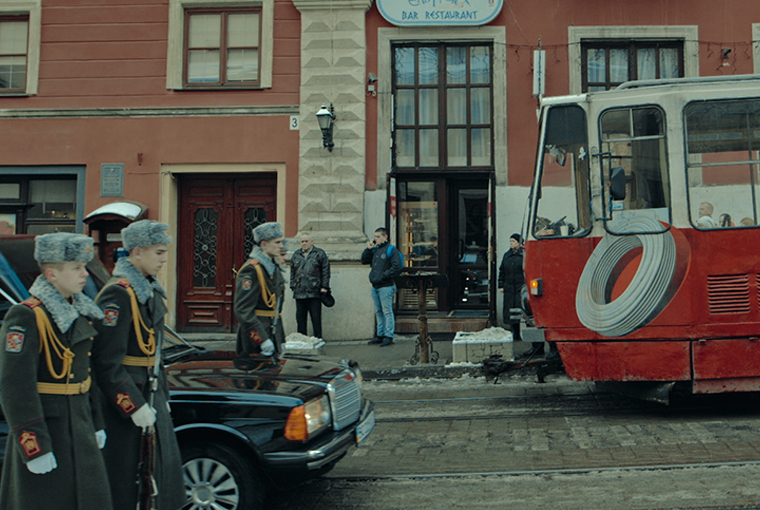
Filmmaking output is at a record high in Ukraine, the country whose cinematic culture will form our regional focus in 2019. PM Volodymyr Groysman promised that state support for domestic films would reach over 30 million Euros this year. The government is also launching a cash rebate program in the hope of spurring both domestic and international film production. In 2018’s early November, Groysman already counted a near-record 29 domestic productions for that year. This may seem like an odd development for a country marked by conflicts and war, but numbers suggest that it is in fact that very turmoil that has caused the upward trend. In 2013, that is before Yanukovych’s ouster and the subsequent developments in Crimea and Eastern Ukraine, only 14 domestic productions were released. Since then, state spending for cinema has increased more than tenfold as the Ukrainian State Film Agency is showing growing interest in using cinema as a tool for helping define the national identity. The Film Agency’s head Filipp Ilyenko recently stated on Oboz TV that he has a portrait of ominous nationalist figure Stepan Bandera hanging in his office, and that he can well imagine supporting projects on him in the future. The state is also co-funding other kinds of projects, including the box office hit I. You. He. She, which happily provides the aspiring middle classes with fantasies of love, sex, and consumerism (a mixture that has long been perfected in Czech Republic and Poland). Somewhere in-between these trenches of war and consumerism, serious filmmakers must find a way to establish themselves by either eluding or subverting them. Whether they can is something we will be closely watching.
***
Our regional focus on Ukraine 2019 begins with three responses to the above situation. Valentyn Vasyanovych’s Black Level manages to escape the dilemma between nationalism and consumerism through an experimental retake on existential angst. Alisa Kovalenko links the fate of her protagonist to that of Ukraine (or more precisely, to that of its lower classes) in her documentary about altruism, football, and missed opportunities. Finally, we return to Vitaly Mansky’s take on the Ukrainian crisis from 2016, which was been hailed for its objectivity (not quite rightly, as it turns out). Our January issue also features a review of Ana Urushadze’s Scary Mother by Daniil Lebedev, who lauds the film about a troubled writer for its defiance of relevant cliches, and Colette de Castro’s discussion of an experimental short by Radu Jude about the execution of Nazi collaborationists in Romania after WWII.
We hope you enjoy our reads.
Konstanty Kuzma & Moritz Pfeifer
Editors




Leave a Comment